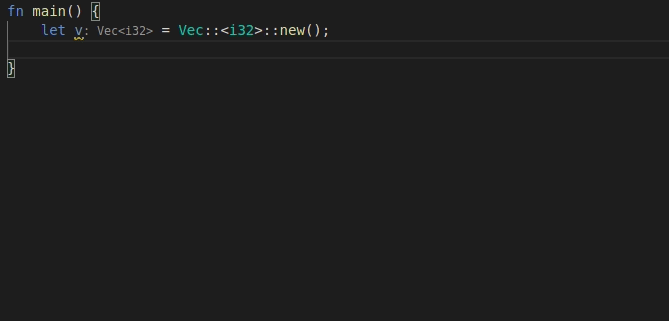9453: Add first-class limits. r=matklad,lnicola a=rbartlensky
Partially fixes#9286.
This introduces a new `Limits` structure which is passed as an input
to `SourceDatabase`. This makes limits accessible almost everywhere in
the code, since most places have a database in scope.
One downside of this approach is that whenever you query limits, you
essentially do an `Arc::clone` which is less than ideal.
Let me know if I missed anything, or would like me to take a different approach!
Co-authored-by: Robert Bartlensky <bartlensky.robert@gmail.com>
9567: remove unneded special case r=matklad a=matklad
bors r+
🤖
9568: feat: add 'for' postfix completion r=lnicola a=mahdi-frms

adds #9561
used ```ele``` as identifier for each element in the iteration
Co-authored-by: Aleksey Kladov <aleksey.kladov@gmail.com>
Co-authored-by: mahdi-frms <mahdif1380@outlook.com>
9450: internal: Add ModuleOrItem guess to import granularity guessing r=Veykril a=Veykril
I think this should be the last fix needed for this(🤞)
bors r+
Co-authored-by: Lukas Wirth <lukastw97@gmail.com>
Definition::visibility was implemented in a rather roundabout way -- by
asking the parent module about the effective visibility.
This is problematic for a couple of reasons:
* first, it doesn't work for local items
* second, asking module about visibility of a child is a linear
operation (that's a problem in itself, tracked in #9378)
Instead, lets ask the declared visibility directly, we have all the code
for it, and need only to actually us it.
9334: feat: Allow to disable import insertion on single path glob imports r=Veykril a=Veykril
On by default as I feel like this is something the majority would prefer.
Closes#8490
Co-authored-by: Lukas Wirth <lukastw97@gmail.com>